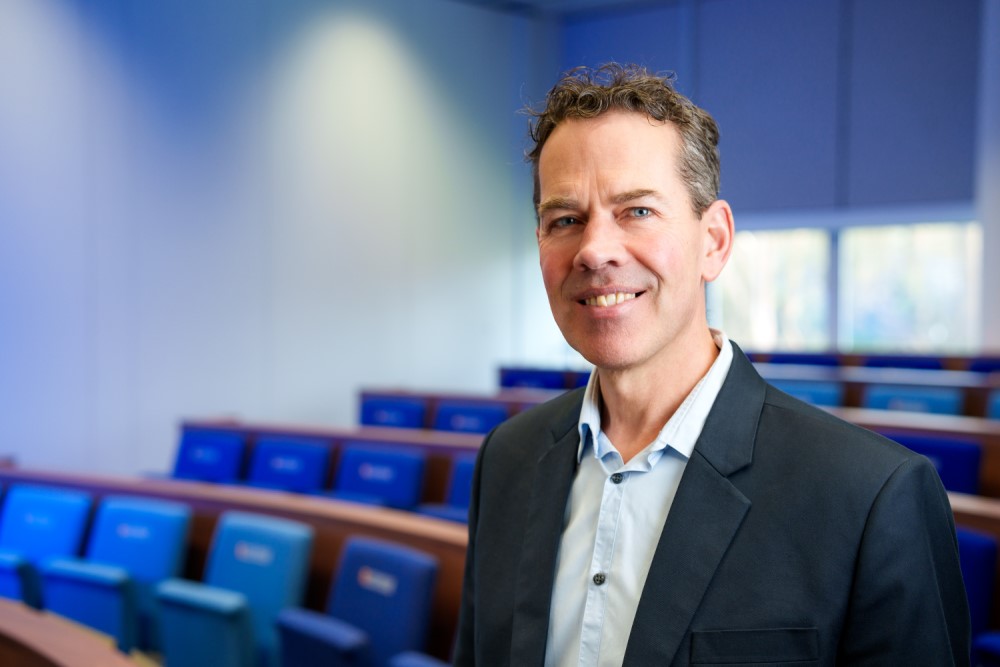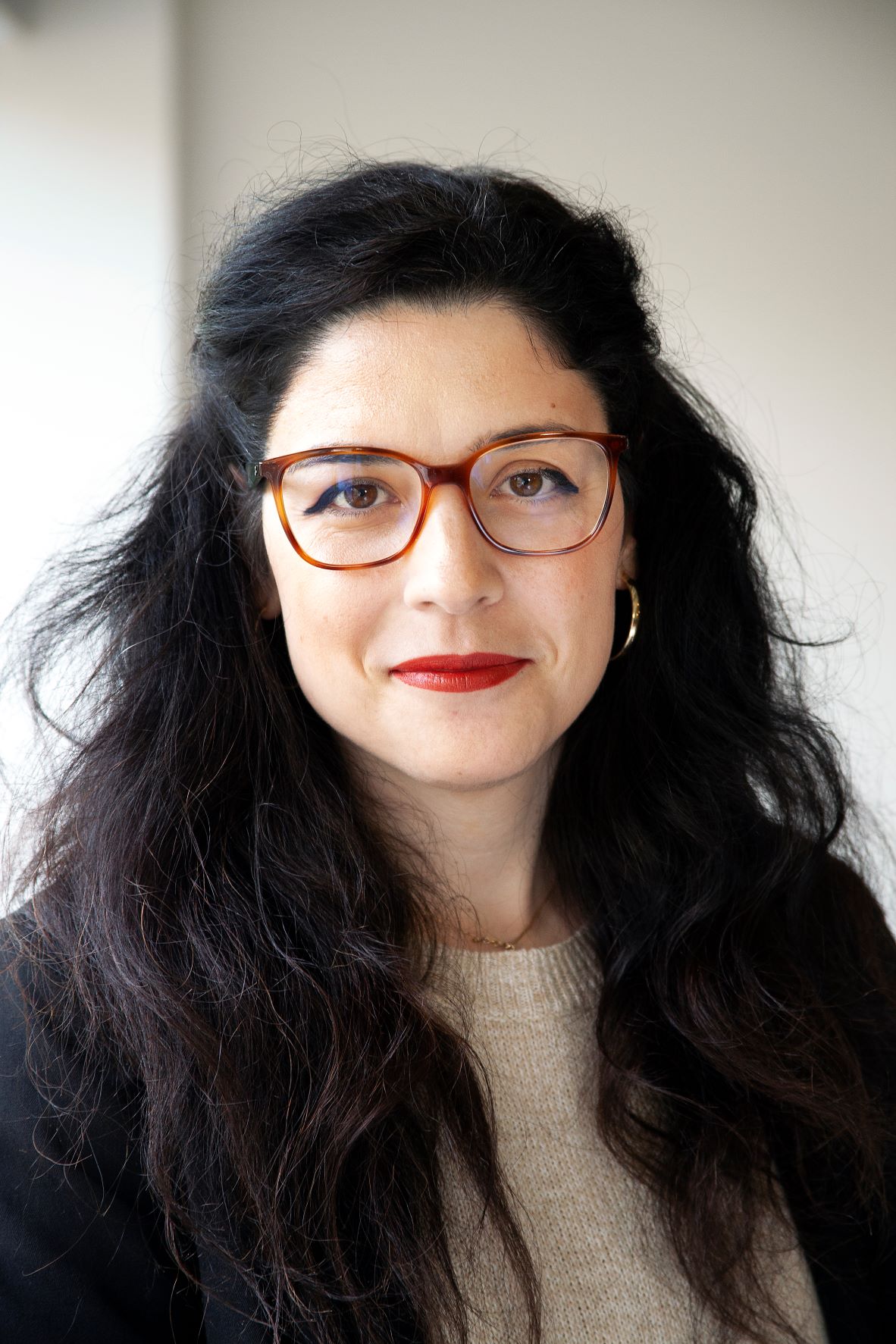Degrowth and Sustainable Organizations

Provide a solid basis for a sustainable transition
Can our economy continuously grow in a world with finite resources? How can we develop markets beyond the growth paradigm? To play its role in shaping responsible leaders, Nyenrode Business University provides a place offering multiple perspectives on the complex social and environmental challenges of the world. Society is dealing with persistent and severe challenges such as climate change, biodiversity loss or extreme poverty (Simons & Nijhof, 2021). Overall, ‘high-income nations are all overshooting planetary boundaries’ (Parrique, 2019). This situation is the result of an economic architecture centred on the overarching objective of constantly making more money, whether it is income, profits, or GDP. In these economic systems, economic growth is seen as a central economic and political goal. New utopias emerge that challenge these traditional economic principles, and propose alternative frameworks focusing on social and environmental aspects of our society, one of them focusing on a society with limited growth called ‘degrowth’. While the degrowth transition has been studied thoroughly as a political and societal phenomenon, we need more insights in how it can be operationalized at the level of organizations (especially current for-profit businesses). In this research project we intend to explore the changes within companies. These insights will provide a solid basis for a sustainable transition of our society.
Accelerate sustainable market transitions
Not a single day passes by without a warning from the scientific community, that we are heading towards a wall when it comes to sustainable issues like climate change. Some of these issues like carbon reduction are getting on top of most organizations' strategic agenda, so the ‘why’ is understood but the ‘how’ is missing. As researchers, we look at these issues in an optimistic manner and our purpose as researchers is to accelerate sustainable market transitions.
In line with what Albert Einstein said: "We cannot solve our problems with the same thinking we used when we created them”, as researchers we have an urge to explore other perspectives deviating from current economic principles based on growth. So, considering ‘degrowth’ as a research topic is to allow diversity in the perspectives we consider and to allow all of us to dream of different futures, hence different solutions.
Personally, I have lived in many countries where growth is central (United States, France, Netherlands), others where they have transitioned towards a capitalistic economy (Czech Republic) and a few (Madagascar, Vietnam) that are too poor to consider something other than growth as a solution. I am deeply convinced that while growth is necessary to develop to a certain extent, after reaching a certain level, it creates more issues than it solves some. Therefore, we ought to imagine something else. Researching ‘degrowth’ is a step in that direction.
Research methods
The phenomenon of degrowth is fundamentally novel and not well understood so our methodology is in essence inductive and qualitative. We are aiming at exploring via case studies the most advanced organizations implementing degrowth principles (for instance BCorp or social businesses) but also alternative organizations forms (e.g., cooperatives). We will also explore transition pathways towards degrowth, meaning that we will use our own developed sustainable market transformation frameworks to investigate the role of public authorities, knowledge institutes, businesses, financial institutions and NGOs towards a degrowth transition. Different geographies (so beyond the Netherlands) will be explored
Potential
Potential venues for publications: Journal of Business Strategy and the Environment, Journal of Business Ethics, Journal of Environmental Innovation and Societal Transitions, Journal of Cleaner Production.
Support our research
Do you want to contribute to a sustainable future with us? Then become a donor of the Nyenrode Research Fund and donate to these studies. Every gift, big and small, makes a difference. Thank you very much!
Below you will find the other examples of relevant research topics. Click here to go .
How to organize innovation capabilities?
Organizing innovation capabilities requires responsible leaders that are interested in new solutions for society.

How does IT work? IT Governance and competent board
How do the executive board and the supervisory board contribute to a solid IT leadership position? What factors can influence the impact of board IT competence on business performance?

Contact
-
Prof. dr. ir. André Nijhof
Job title ProfessorPhone number +31 346 291 232Email address Send me an email
-

-
Dr. Aikaterini Argyrou LL.M
Job title Associate ProfessorPhone number +31 346 291 235Email address Send me an email
